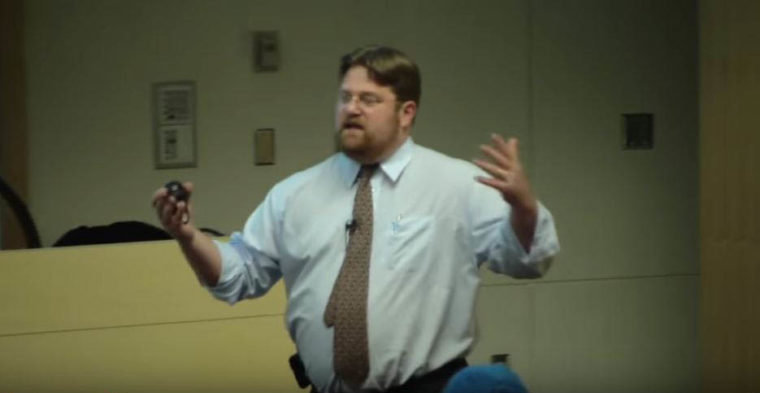What is “value” and how shall we protect it? It’s a simple question for which we don’t have a satisfactory answer.
For conventional economists and politicians, the answer is simple: value is essentially the same as price. Value results when private property and “free markets” condense countless individual preferences and purchases into a single, neutral representation of value: price. That is seen as the equivalent of “wealth.”
This theory of value has always been flawed, both theoretically and empirically, because it obviously ignores many types of “value” that cannot be given a price. No matter, it "works," and so this theory of value generally prevails in political and policy debates. Economic growth (measured as Gross Domestic Product) and value are seen as the same. 
Meanwhile, the actual value generated outside of market capitalism – the “care economy,” social labor, eco-stewardship, digital communities and commons – are mostly ignored or considered merely personal (“values”). These types of “value” are seen as extraneous to “the economy.”
My colleagues and I wondered if it would be possible to develop a post-capitalist, commons-friendly theory of value that could begin to represent and defend these other types of value. Could we develop a theory that might have the same resonance that the labor theory of value had in Marx’s time?
Marx’s labor theory of value has long criticized capitalism for failing to recognize the full range of value-creation that make market exchange possible in the first place. Without the “free,” unpriced services of child-rearing, social cooperation, ethical norms, education and natural systems, markets simply could not exist. Yet because these nonmarket value-regimes have no pricetags associated with them, they are taken for granted and fiercely exploited as “free resources” by markets.
So we were wondering: If modern political/economic conceptions of value are deficient, then what alternative theories of value might we propose? In cooperation with the Heinrich Boell Foundation and anthropologist David Graeber, who has a keen interest in these themes, we brought together about 20 key thinkers and activists for a Deep Dive workshop in September 2016 to explore this very question. So much seems to hinge upon how we define value.
I am pleased to say that an account of those workshop deliberations is now available as a report, Re-imagining Value: Insights from the Care Economy, Commons, Cyberspace and Nature (pdf download). The 49-page report (plus appendices) explains that how we define value says a lot about what we care about and how we make sense of things – and therefore what kind of political agendas we pursue.








